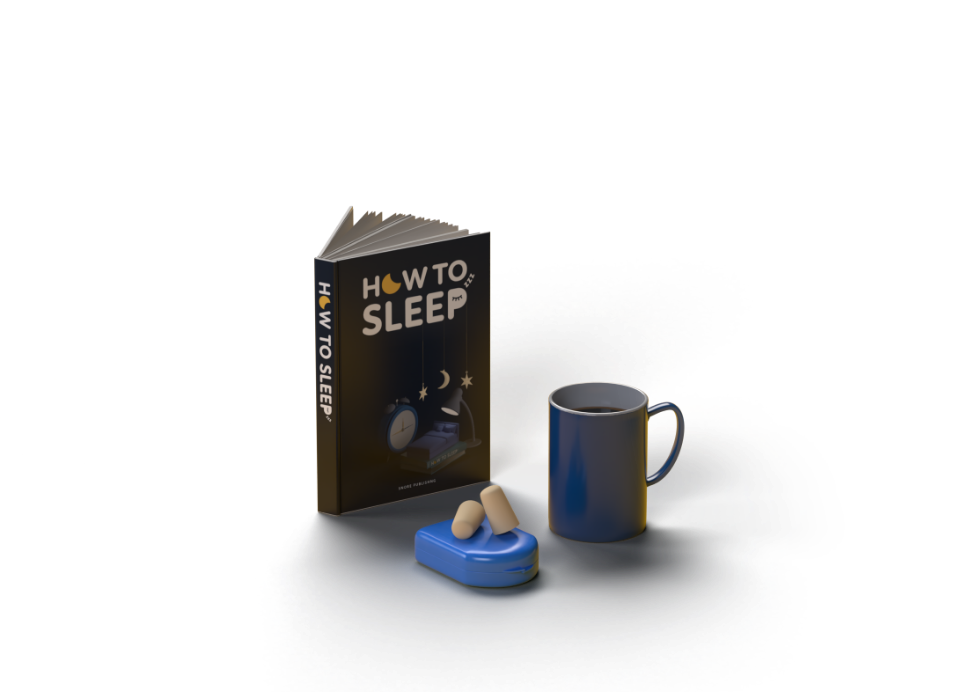
Tips for nighttime coughing relief
Learn moreContents
Getting a good night’s rest is a priority for most of us. But what happens when our own bodies make it impossible to drop off without a fight? Whether it’s a racing mind, aching bones, or a tickle in our throat, we’re sometimes our own worst enemy when it comes to sleep.
If you’re unfortunate enough to suffer from the latter, you’ll know just how tough it is to relax when you’re coughing yourself back into alertness every few minutes. Today, we’ll assess some of the best ways to manage and overcome a nighttime cough.
How to stop coughing at night
While there’s no miracle cure to guarantee you will be symptom-free, there are fortunately a variety of steps and home remedies which have continued to prove effective at dealing with a nasty nighttime cough. Some of the best techniques to stop coughing at night include:
Cleaning your room. Allergens and dust can easily build-up in your home if you don’t regularly clean. These have the potential to irritate your throat and cause a niggling cough. The same is true of your bed sheets if you don’t wash them regularly enough. Try to tidy and clean your bedroom at least once a week.
Tea with honey. A hot drink which is mixed with honey can help to soothe a sore throat, lower the amount and loosen mucus, and even reduce overall irritation levels. Tea tends to work best as a pairing, although we’d recommend the herbal variety – as the regular variety will often contain the stimulant caffeine.
A humidifier. Dry air has the potential to take a trivial cough and make it a lot worse. Adding moisture to the air with the support of a humidifier will lessen the chances of your throat feeling raspy or sore. Just be sure not to overdo it. Too much moisture can lead to mould growth in extreme cases.
Salt water. While we wouldn’t recommend drinking it, salt water is handy to gargle if you suffer badly from a build-up of mucus in the back of the throat. The salt will break this unpleasant substance down, making it easier to breathe naturally. A teaspoon of salt in six ounces of water should be enough. Just remember not to swallow.
How to sleep with a cough
Naturally, your cough won’t instantly be gone. Even if you’re successful at battling it in the long run, there’ll be a period where you’ll need to get the rest required to fight it. Follow this handy advice to learn how to manage your cough while you snooze:
Elevate your head and neck. When you sleep on your side or back, mucus tends to pool in the back of your larynx. This is fine if you don’t already have a cough, but can exacerbate the problem if you do. Use pillows to help elevate your head a bit, so as to prevent this from happening.
Take a shower before bed. A hot shower will loosen any unpleasant mucus in your chest and sinuses, while also triggering a natural sleep-inducing response in your body. As we try to drift off, our body releases heat to help us relax. As your body cools after a hot shower, this process is mimicked – tricking us into thinking we’re about to sleep.
Try a lozenge. While they won’t solve chronic problems in the long term, lozenges do provide you with a window of respite to try to drop off in. They come in a variety of flavours, and are also quite high in vitamin C. Just make sure to finish yours before you rest, to prevent any chance of choking.
Drink lots of liquids. Keeping your throat lubricated will make it a lot harder for mucus to cling on and cause you discomfort. Naturally, you’ll want to balance this with the need to get up at night to go to the toilet. Find a level of hydration which works for you.
Causes of a nighttime cough
Often, one of the best ways to remedy a physical condition is to identify what’s triggering it in the first place. Sometimes knowing what the root of a problem is, is the best way to fight back. Here are some of the most common causes of a nighttime cough:
Allergens in the environment. Allergies aren’t exclusive to what we eat. Hayfever is a good example of how an allergen (in this case pollen) can cause us irritation and discomfort. Dust, mould, household cleaners and even latex are all substances which can trigger an adverse reaction, manifesting as a nighttime cough.
Infections and diseases. Perhaps to no great surprise, medical conditions can also cause you to cough excessively. Whether this is a chronic condition like asthma, or a more temporary infection, both can be a major barrier to falling and staying asleep. While annoying, a cough can at least be an early warning sign of a more serious condition, which gives you the chance to seek help sooner.
Sleep apnea. This condition causes a snoozer to experience a lack of oxygen, which in turn will trigger a reaction which sees your brain telling you to wake up. This will often result in coughing, as well as even less pleasant reactions such as gasping or choking. This is more of a factor for someone who can fall asleep cough-free, but finds themselves being woken up by one regularly.
When to see a doctor for your cough
Just as with any condition, there comes a time when it’s important to turn to a medical professional for help. If any of the following apply, be sure to reach out to your GP:
A high fever. If you’re coughing and have a fever of 38℃ (100℉) or above, it’s wise to seek medical attention. While the average human body temperature ranges from 36.1-37.2℃ (97-99℉), even the slightest variance from this norm can result in somebody becoming quite unwell.
Shortness of breath. If you’re having trouble breathing, whether it’s as you try to sleep or at any other point in the day, you may have a serious condition which needs addressing. Being unable to catch your breath is always something which you should prioritise from a medical perspective.
Swelling and chest pain. Aside from a nasty cough, have you noticed unusual pain or a feeling of inflammation in your abdomen or chest? While it’s not alway the case, this can be a sign of a more severe condition.
Interference with your life. Rather than looking for a precise symptom, it sometimes pays to weigh-up how much of an impact your cough is having on your day-to-day life. If you get to the point where it’s overbearing and stops you living properly, seek help.
Do you feel better prepared for dealing with and overcoming your nighttime cough? If you need help with this or any other kind of nighttime issues, be sure to check out our page of dedicated guides to help with sleeping.

